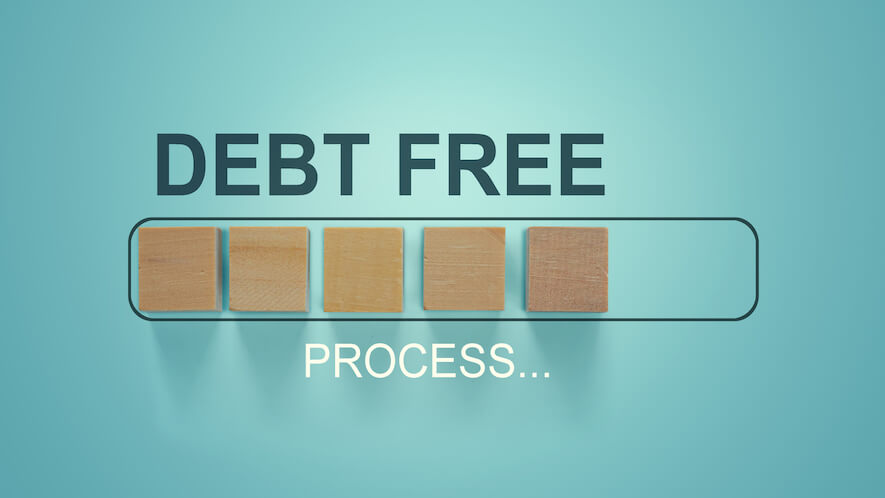Do you have multiple credit cards where the instalments are starting to feel heavy to handle? You may use multiple credit cards to separate different types of spendings but it could get overwhelming when it comes to keeping track of your monthly payments – and you may even feel financially burdened to do so every month. What can you do to ensure that the instalments are manageable for you? This article will guide you through taking a personal loan to consolidate your credit card debt.
Balance Transfer
A balance transfer is an unsecured way to transfer outstanding balance from your credit cards into a credit line or a personal loan account. In order to use balance transfers to pay off your credit card debts, you will need to own an active credit card.
In order to pay off your credit card debts using balance transfer, you will require a balance limit in your credit line account. Let’s take an example, if your credit limit is $20,000 and you have spent over $12,000. Your balance is $8,000. You can make use of this $8,000 to do a balance transfer. When you have done so, your outstanding credit card debt will be left with $4,000 since you have used the $8,000 to pay off your credit card. Hence, your credit card limit has widened to $16,000. You can then use a balance transfer once again to create $0 outstanding in your credit card account. This will lead you to focusing on making payments to your personal loans rather than your credit cards.
Balance transfers usually have low interest rates – sometimes even 0% for the first 12 months.
Personal Loan
You can also take up a “normal” personal loan to pay off your credit cards. In order to do so, you will need a good credit score for the banks to approve your application.
Pros & Cons of Consolidating Credit Card Debt With a Loan
When using balance transfer or a personal loan to clear your credit card debts, it comes with pros and cons that you should consider.
Pro: Lower Interest Rate
When you are repaying your credit cards, it is based on your outstanding balance. Credit cards generally have higher interest rates whereas personal loans have lower interest rates. Hence, if you spend more using your credit cards, you will have to pay higher interest rates in total. Though, this is not relevant for credit cards which do not incur any interest. You do have to keep in mind however that credit cards may have annual fees. When you pay off your credit card using balance transfer, it will mean that your outstanding balance will turn into a personal loan. Hence, you will pay off your debts with a lower interest rate compared to paying off your credit card.
Pro: Easier Tracking of Repayments and Budgeting
When you use a personal loan and balance transfer to pay off your credit cards, there will be a fixed amount that is outstanding, and all you have to do is to focus on paying the loan off. If you are using credit cards, you always have the opportunity to make more purchases which will affect the debt you owe, month on month. Besides, a loan can be helpful when creating a monthly budget to make sure that you do not overspend.
Pro: Boost for Your Credit Rating
When you decide to consolidate your debt, it may affect your credit ratings temporarily. However, this will still be a better option compared to late credit card repayments or worse: not being able to make the credit card repayments at all. Once you decide to go with debt consolidation, you will end up paying comfortably and can avoid late repayments. Hence, it will positively affect your payment history and thereby your credit rating, in time.
Con: Less Flexibility for Emergency Purchases
When you consolidate your credit cards using a personal loan, you may not be able to make any advance small purchases since the amount given is used to consolidate your credit card solely, and you would not have the extra funds for other expenses even if they are urgent.
Con: Less Rebates and Rewards
Credit cards tend to come with rebates, rewards and miles if you use it regularly.. When you decide to consolidate your debt using a personal loan, you would not be able to enjoy such benefits.
Conclusion
Of course, the best way to handle your credit cards is to avoid snowballing the debt by opting for automatic monthly repayments. This way, you will not risk forgetting any repayment. Also, always avoid making purchases on your credit card if there is a risk that the upcoming instalments will be too big to manage! When using your credit cards, ensure that you are able to afford to pay the instalments, and always handle your spending with care.


